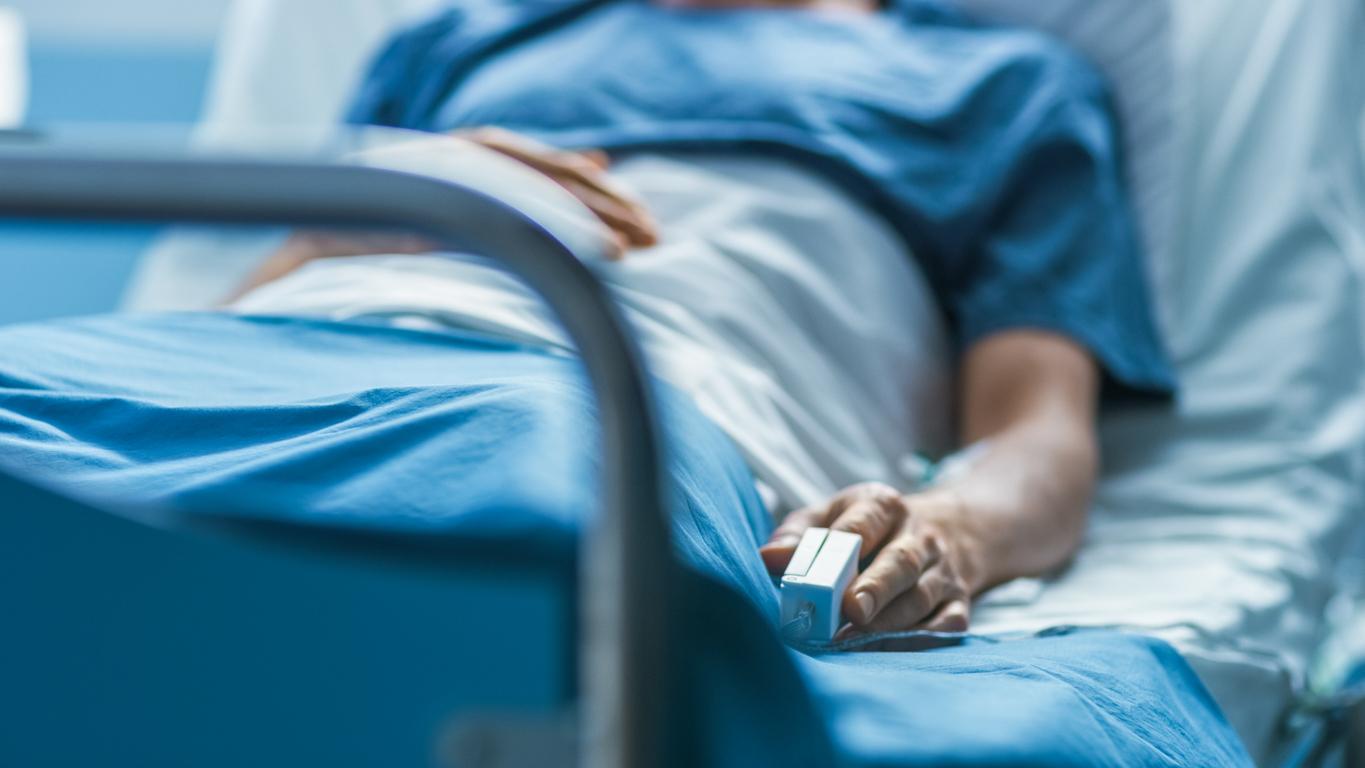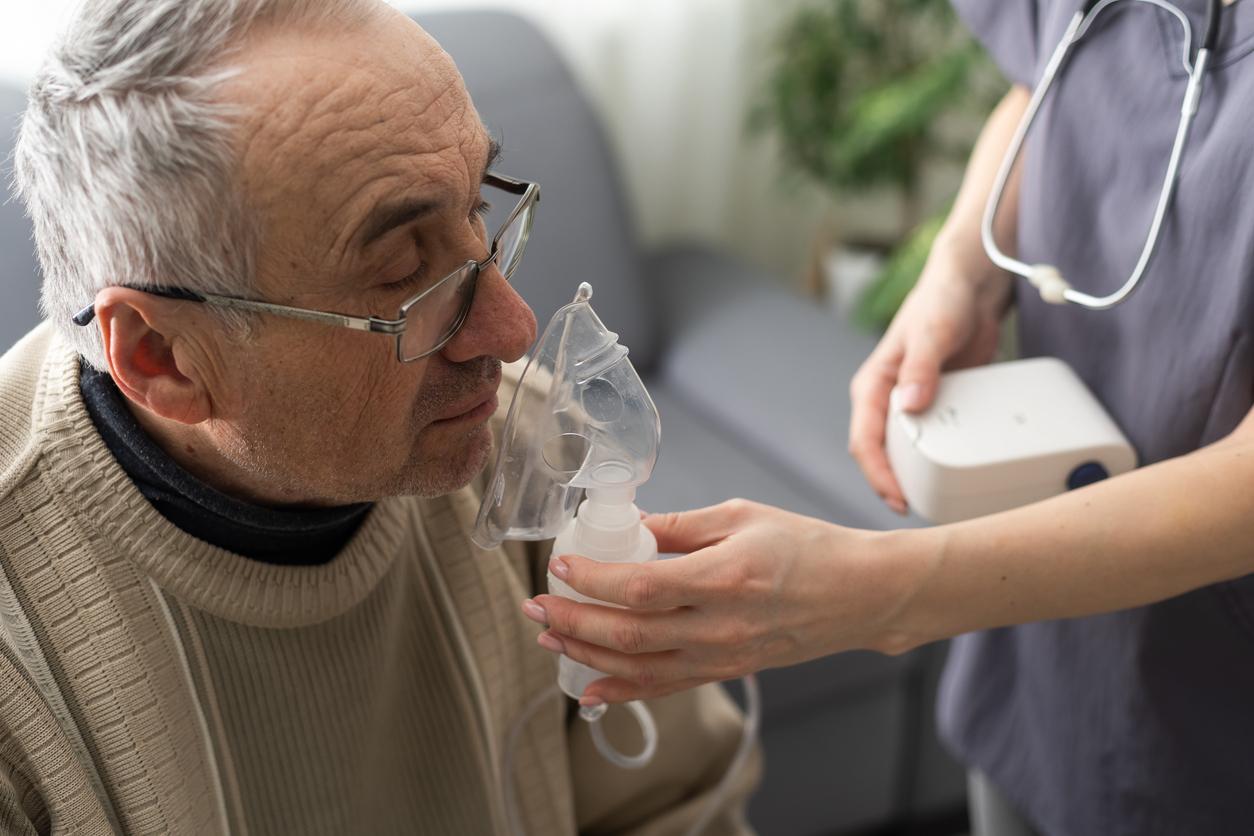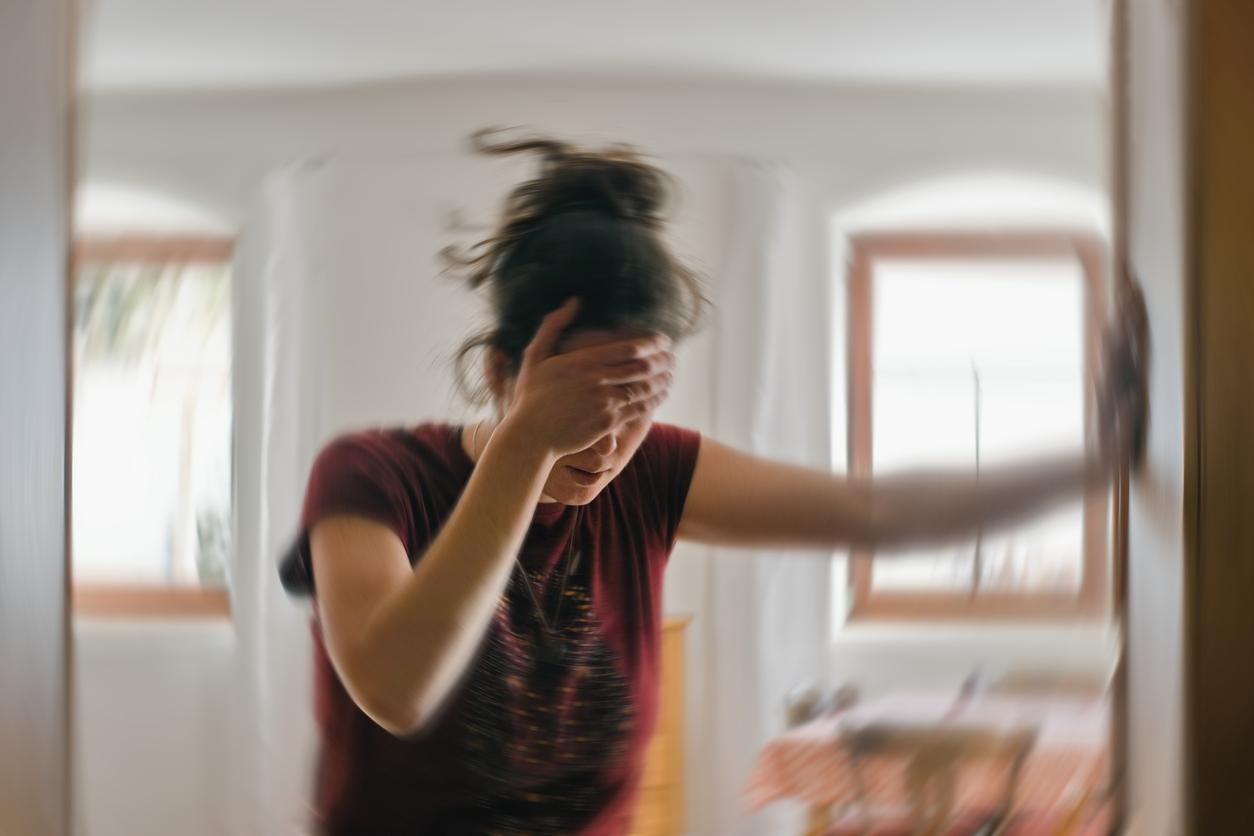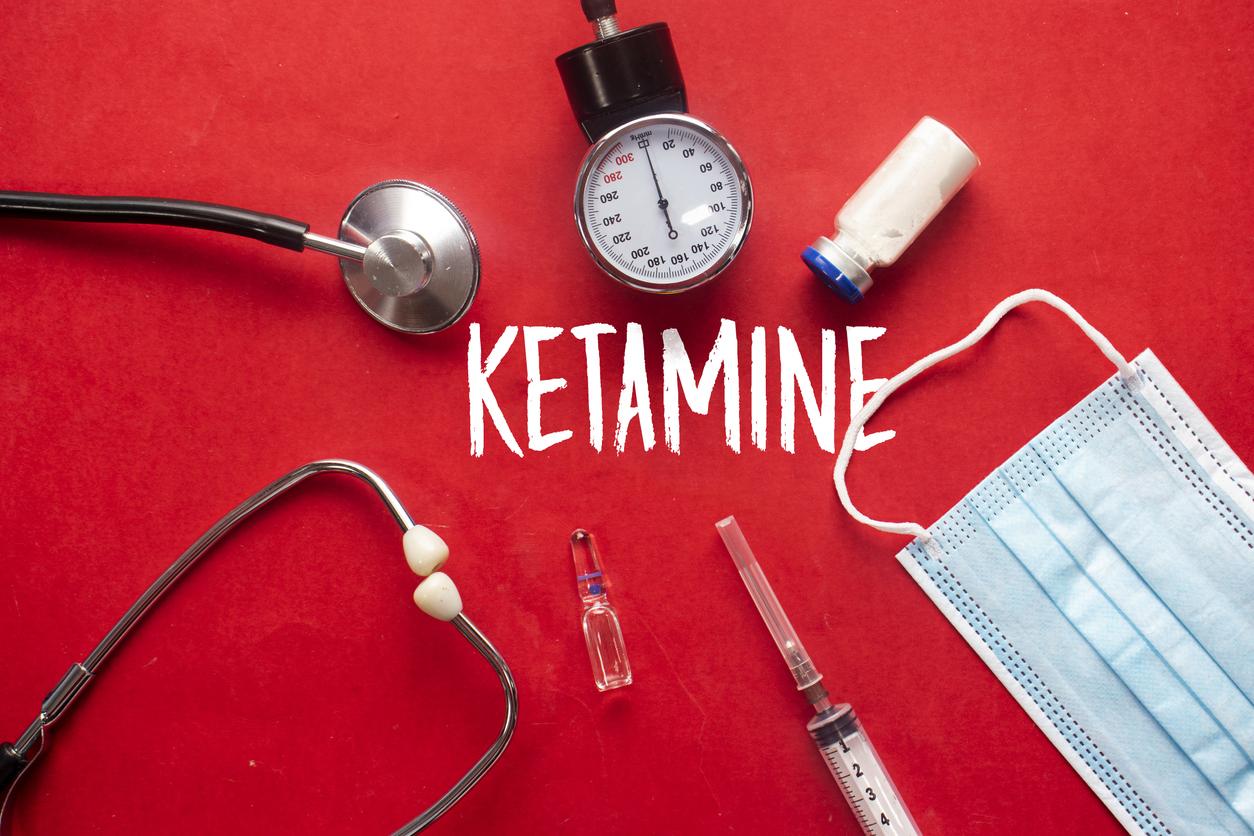Contrary to a widespread idea, depression is not just a simple “blowout”: it isa real disease which corresponds to an imbalance of neurotransmitters, these chemical substances which transmit information in the brain. Depression (which is also called a “characterized depressive episode” in medical language) is not a rare disease either: Inserm estimates that approximately 1 in 5 French people suffers from it or will suffer from it during his life.
All categories of the population can be affected by depression: children, adolescents, pregnant women, seniors… There are however certain risk factors: thus, a traumatic event (break-up, dismissal, bereavement, etc.) can promote the development of this pathology. There is also a genetic vulnerability.
How to tell the difference between depression and depression?
Depression is a disease characterized by specific symptoms: the most important of these is a constant feeling of sadness for at least 2 weeks. Conversely, a “simply” depressed person will be able to feel other emotions: they may, for example, have moments of joy with their loved ones, smile sincerely, see the positive around them.
Good news : Depression is a disease that can be treated with both medication (antidepressants) and psychotherapy (eg cognitive behavioral therapy). According to Inserm, treatments for depression are effective in about 70% of cases. However, it is essential to consult as soon as possible: in fact, the earlier the disease is treated (by a psychiatrist or general practitioner), the shorter the treatment and the lower the risk of relapse.
Who can we contact?
- The general practitioner : this is the first point of contact, because there is a relationship of trust with the attending physician. This can treat the first mild depressive episodes and knows where to refer the patient when necessary.
- The psychiatrist : he is a doctor specializing in mental illnesses, including depression. He prescribes anti depressants and can conduct psychotherapy.
- The psychologist : he is not a doctor and therefore does not dispense medication. Its role is to offer empathetic listening, to advise, but also to conduct psychotherapies, behavioral and cognitive therapies… In the event of depression, one can turn to a clinical psychologist, trained in mental pathologies. The intervention of psychologists will be developedfrom the end of this year in the medico-psychological emergency cells (CUMPS) ; from 2021 in medico-psychological centers (CMP) and multi-professional health centers (MSP).
- The psychoanalyst : he conducts a psychoanalysis according to an approach developed by Freud. This therapy seeks to re-emerge distant causes that have become unconscious, which would be at the origin of psychic suffering. This is a long-term process that cannot be undertaken during the depressive episode.
Sources: Inserm and High Authority for Health (HAS)
Read also :
- How to differentiate depression from depression? Expert advice
- Against severe depression, electrical brain stimulation would be effective
- Depression: no it’s not “just a slack”
- Hallucinogenic mushrooms, “magic” for depression


























